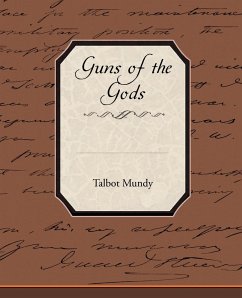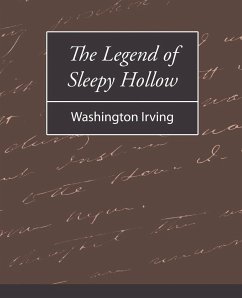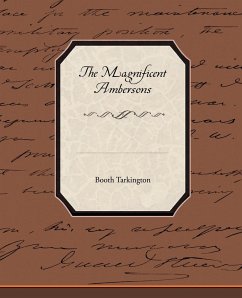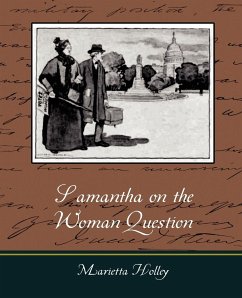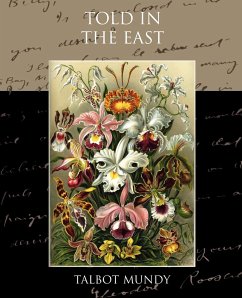
Told in the East
Versandkostenfrei!
Versandfertig in 1-2 Wochen
21,99 €
inkl. MwSt.

PAYBACK Punkte
11 °P sammeln!
Talbot Mundy was an early 20th century English writer who often wrote under the pseudonym Walter Galt. At age 19 he left London to travel to India and parts of the Near and Far East. Most of Mundy's novels are set in India under British Occupation in which the loyal British officers encounter ancient Indian mysticism. In the 1920's Mundy wrote stories about Tros of Samothrace, a Greek freedom fighter who aided Britons and Druids in their fight against Julius Caesar. Told in the East in s romance set in India. The story begins, "A coppersmith was about the only living thing that seemed to care ...
Talbot Mundy was an early 20th century English writer who often wrote under the pseudonym Walter Galt. At age 19 he left London to travel to India and parts of the Near and Far East. Most of Mundy's novels are set in India under British Occupation in which the loyal British officers encounter ancient Indian mysticism. In the 1920's Mundy wrote stories about Tros of Samothrace, a Greek freedom fighter who aided Britons and Druids in their fight against Julius Caesar. Told in the East in s romance set in India. The story begins, "A coppersmith was about the only living thing that seemed to care whether the sun went down or not. He seemed in a hurry to get a job done, and his reiterated "Bong-bong-bong!"--that had never ceased since sunrise, and had driven nearly mad the few humans who were there to hear it--quickened and grew louder. At last Brown came out of a square mud house, to see about the sunset."



